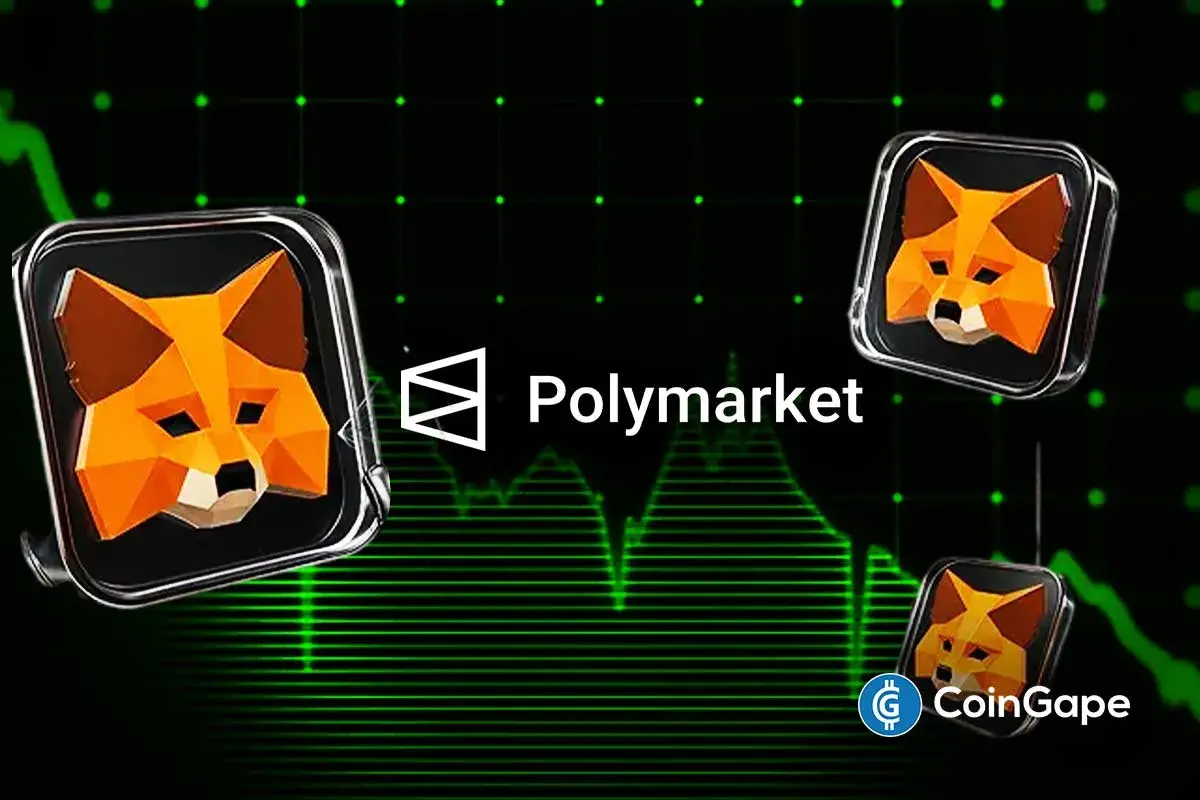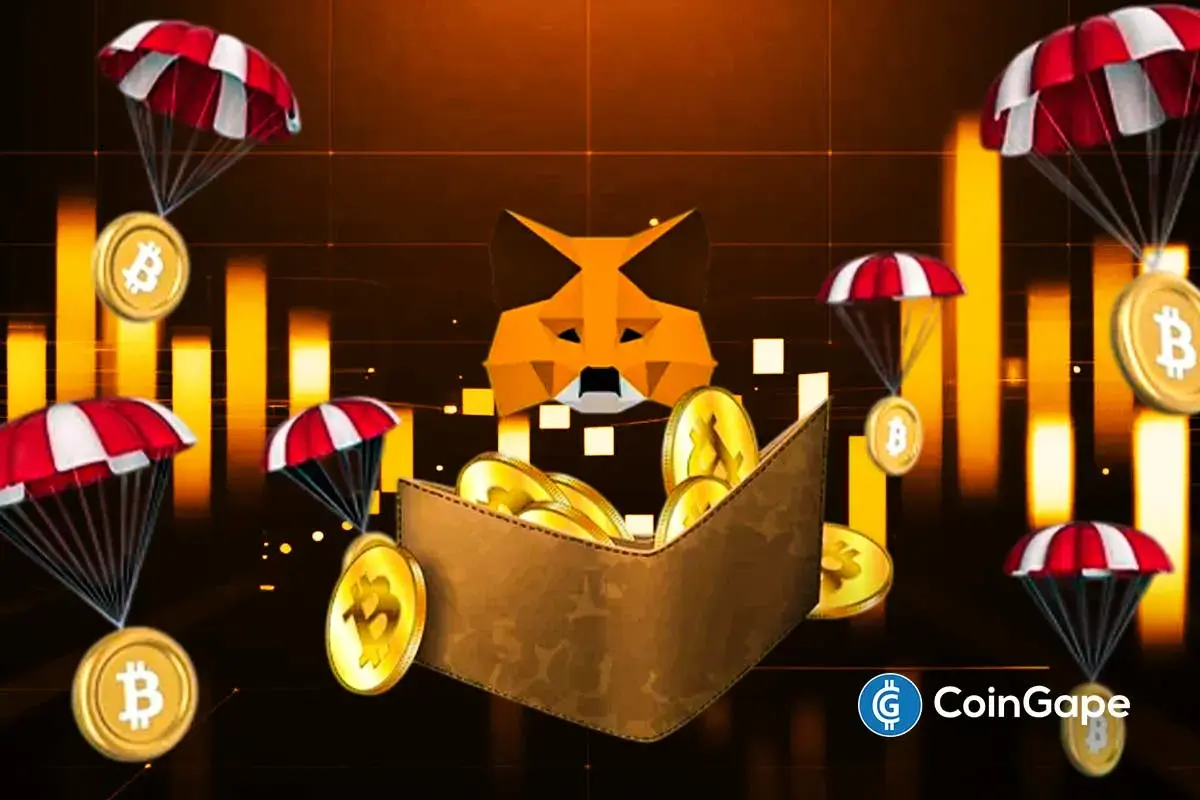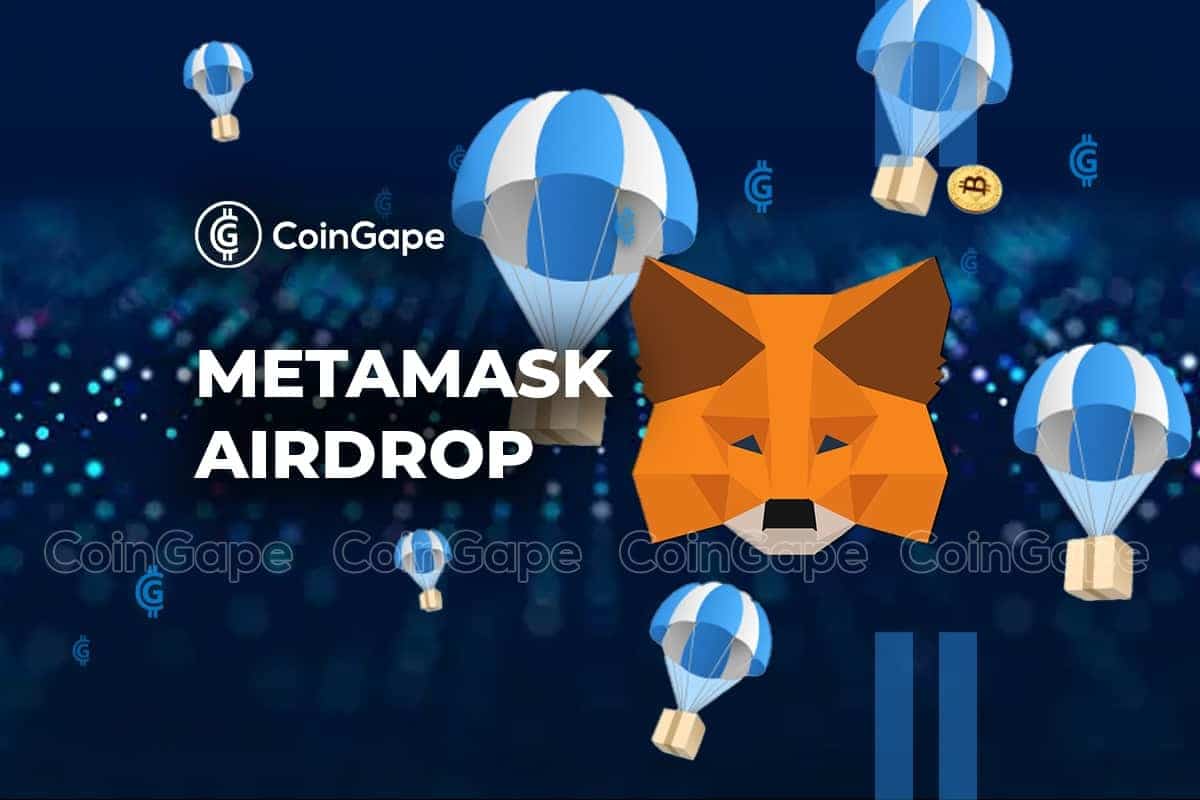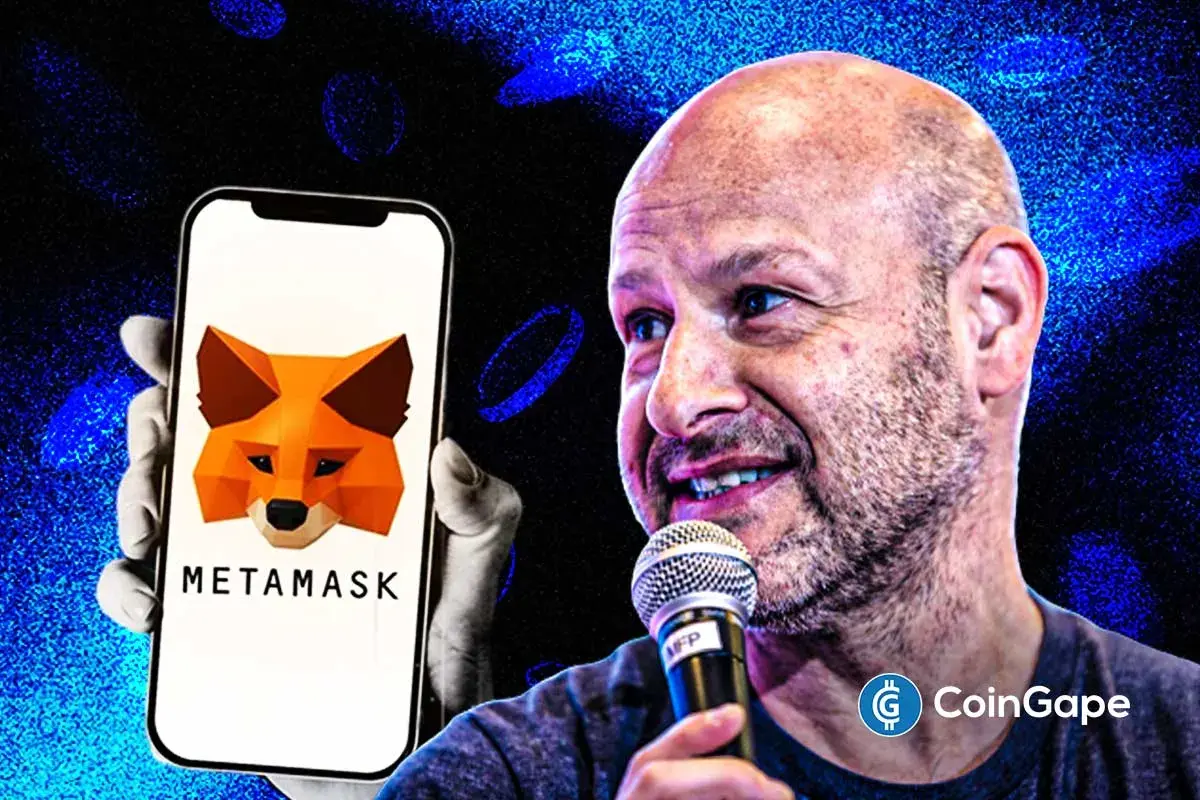Russian Ban In Focus As MetaMask, OpenSea Abide By U.S. Sanctions

OpenSea, the world’s largest NFT marketplace, reportedly began blocking Iranian users citing U.S. sanctions against the country, while popular Ethereum wallet MetaMask was unavailable in certain blacklisted countries due to restrictions by its host Infura.
The moves sparked widespread debate over the supposedly decentralized nature of crypto, and whether other major companies would also fall in line with U.S. blacklists against Russia. So far, most major exchanges have said they will not block Russian users.
OpenSea and Metamask both affected by Sanctions
Iranian users were reportedly blocked by OpenSea starting Thursday. The NFT marketplace, which is headquartered in New York, said while it was sorry for the impacted users, it was required to follow U.S. sanction laws.
We’re truly sorry to the artists & creators that are impacted, but OpenSea is subject to strict policies around sanctions law. We're a US-based company and comply with US sanctions law, meaning we're required to block people in places on the US sanctions lists from using OpenSea
— OpenSea (@opensea) March 3, 2022
Venezuelan users were also unable to access Ethereum wallet MetaMask, although the move appeared to be part of a broader crackdown by Infura, through which MetaMask accesses the blockchain. Infura then clarified that while blocking Venezuela was unintentional, it had blacklisted several other countries sanctioned by the United States, including two separatist regions in Ukraine.
In changing some configurations as a result of the new sanctions directives from the United States and other jurisdictions, we mistakenly configured the settings more broadly than they needed to be.
-Infura on twitter
It was not immediately clear whether the two services were available in Russia. Western sanctions against Russia, some of the strictest seen yet, went into effect from March 1.
Russian crypto sanctions a point of focus
Binance, the world’s largest crypto exchange, said while it will comply with U.S. sanctions in blocking certain Russian entities, it will not impose a blanket ban on Russian users. Others, including Kraken, have also said they will not ban citizens in the country.
Their comments come in the wake of a request from the Ukrainian government to blacklist Russian users. The Ukraine government also offered a bounty for any information on the wallets of Russian and Belarusian .
The move attracted criticism from the crypto community, specifically on the grounds that the space is not supposed to see interference from regulators or politics. But given that so many crypto platforms run on centralized infrastructure, it would make them subject to regulation. Speculation has also grown over whether Russia could use crypto to bypass the new sanctions, although experts dismissed the notion.
The United States recently added crypto to its Russian sanctions, and warned exchanges against transacting with blacklisted entities. The European Union also said it would take steps to ensure Russia does not evade sanctions through crypto.
- US Senator Launches Probe Into Binance After Fortune Report on Sanctions Violations
- CLARITY Act Odds, Bitcoin Drop as Trump Skips Crypto in State of the Union Speech
- Tokenized Stock Market Gains Boost as Kraken and Binance Launches New Products
- Peter Schiff Casts Doubt on Bitcoin Rally Ahead of Trump’s SOTU Speech
- Putin Signs Law to Confiscate Bitcoin Amid Russia’s Crypto Crackdown, Pavel Durov Probe
- Cardano Price Signals Rebound as Whales Accumulate 819M ADA
- Sui Price Eyes Recovery as Third Spot SUI ETF Debuts on Nasdaq
- Pi Network Price Eyes a 30% Jump as Migrations Jumps to 16M
- Will Ethereum Price Dip to $1,500 as Vitalik Buterin Continues Selling ETH?
- XRP Price Outlook as Clarity Act Passage Odds Plunge to 53%
- COIN Stock Risks Crashing to $100 as Odds of US Striking Iran Jump

 Claim Card
Claim Card
















